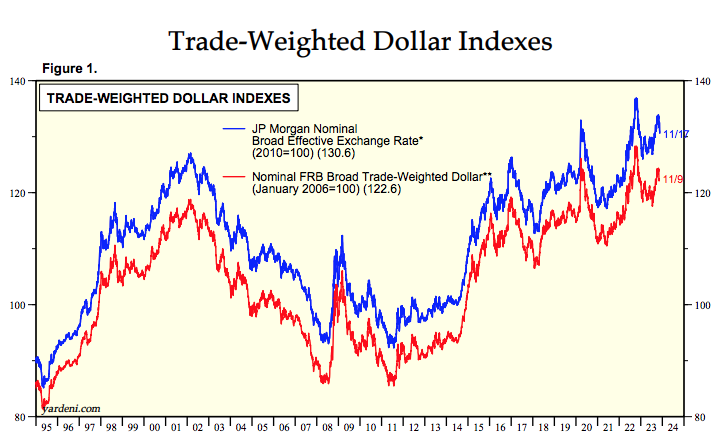Dollarization For Argentina?
.webp)
Photo by Angelica Reyes on Unsplash
With Javier Milei’s recent election victory, there is speculation that Argentina might drop the peso and dollarize its economy. I won’t speculate on how likely that is to occur, as I don’t know much about the political situation in Argentina. But I do have a few comments on the economics of dollarization:
1. Dollarization would solve the problem of hyperinflation.
2. If Argentina intends to dollarize, now would be a good time to do so.
3. Dollarization is not a panacea. Argentina still needs Chilean-style economic reforms, and there’s no guarantee that dollarization would lead to those reforms.
4. Dollarization is less risky than a currency board, but not completely free of risk.
There are two reasons why this is an ideal time for dollarization. First, years of hyperinflation have produced a very small monetary base (in real terms, obviously). Many Argentine citizens have already switched their money holdings from pesos to dollars. Thus the fiscal cost of dollarization would be relatively low. Given Argentina’s severe economic problems, it would still be a heavy lift, but it’s doable if they are determined to make the switch. Fiscal reforms would obviously make the job much easier, and Milei has promised to slash the budget. I certainly don’t think he’ll cut anywhere near as much as promised, but some cuts seem likely.
The second factor is more important, and often overlooked. The US dollar is currently quite strong. Thus Argentina would be adopting the dollar at a point in time where large (US dollar) currency depreciation seems more likely than large currency appreciation. Purchasing power parity (PPP) is far from perfect, but it does exert some pressure on currencies in the very long run. Yardeni Research provides the following graph:

It might seem odd that I view a strong dollar as a propitious time to dollarize, as it makes it more likely that Argentina’s inflation rate over the next few decades will slightly exceed the US level. If the dollar were currently weak, then Argentina might be expected to experience slightly lower inflation than the US (as the dollar strengthened.)In fact, Argentina has far more to fear from a few years of negative 1% inflation than from a few years of 5% inflation. Indeed, given their current triple-digit inflation rate, even a 5% inflation rate would seem like price stability to the Argentine public.
This is not just a theoretical point. Argentina did experience a period of mild deflation (and more importantly falling NGDP) during the late 1990s and early 2000s, under their currency board regime. And the primary cause of that deflation was the rapidly strengthening US dollar. Argentina had the misfortune to adopt a dollar peg in 1991, a point in time when the dollar was relatively weak. As it strengthened dramatically in the late 1990s, many developing countries in East Asia sharply devalued their currencies. Soon afterward, Brazil and Russia followed suit. Argentina’s currency became dramatically overvalued. The US tech boom allowed us to get by with a strong dollar. But Argentina was a commodity exporter competing with places like Brazil and Russia.
To be clear, the fact that the US dollar is currently quite strong doesn’t mean that it cannot strengthen even further. But on balance, I consider a significant depreciation to be more likely than significant further appreciation (for PPP reasons.)That should help Argentina to avoid the sort of deflation produced by falling NGDP.
PS. In recent years, I’ve lost all faith in politics. Thus I have no expectation that Milei will be able to achieve any significant improvements in Argentina’s economy. He seems a bit unstable. I will say, however, that my favorite Milei proposal is a market for organ transplants. Such a market in the US could save 40,000 lives/year. Iran is the only country I am aware of that currently has such a market.
More By This Author:
Do The Banks Pay FDIC Fees?Bill Dudley On Money And Inflation
Relative Prices In China



